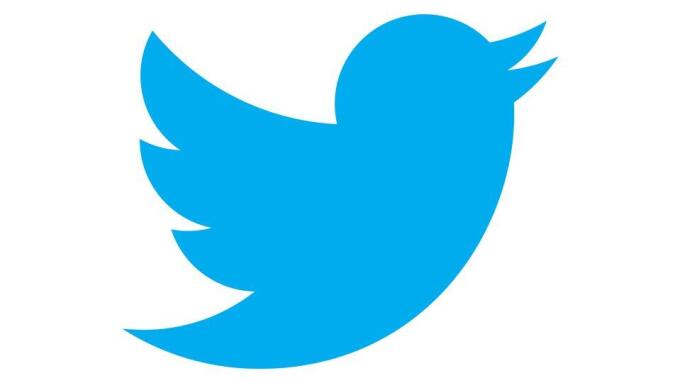LOS ANGELES — An army of “porn bots” is on the move and the repercussions for the industry may be severe as these digital deceivers menace consumers on mainstream social media sites with Instagram, and now Twitter, firmly in their crosshairs.
As a sign of this not-so-new problem, one Twitter-based porn bot network known as SIREN reportedly used over 90,000 zombie accounts and is responsible for over 8.5 million sexually laden advances toward unsuspecting lonely hearts perusing the site — and SIREN is far from being alone.
Although not considered a legitimate marketing technique by responsible promoters, the use of bogus accounts to lure unsuspecting viewers to questionable porn sites for dubious purposes causes multiple problems for adult — ranging from overall content crackdowns that negatively impact content promoters that play by the rules to damaging consumer confidence in professionally run adult sites.
As with eternal Nigerian email scams, it’s a numbers game for porn bots — and social media provides an ample audience of prospects for fraudsters to charm out of their cash through carnal chicanery, which often involves sending surfers through an ever-changing gauntlet of landing pages and affiliate links, rotated to make tracking them harder while enabling bot operators to improve the performance of their campaigns through conversion testing regimens.
The newest incarnation is targeting the “Top” tab of Twitter’s “trending” section, combining images of women in bikinis along with a range of keywords for the most current topics for a high level of exposure and click-throughs. The accounts feature female usernames and seek to send viewers off-site to adult cam and dating sites, where their personal info and credit card numbers are up for grabs.
Although Twitter is arguably the most adult-friendly mainstream social media platform its “sensitive media” policy prohibits explicit fare on high-profile areas of the site, and any deceptive practices, so this phenomenon may be short-lived while illustrating the challenges of policing a platform as massive as Twitter.
Regardless of the social media giant’s response, the actions of “over-enthusiastic” marketers muddy the waters for normalizing legitimate adult entertainment among mainstream audiences — and the growing abuse of, and media attention toward, so-called social media bots is a prime example of a trend that needs to stop.






